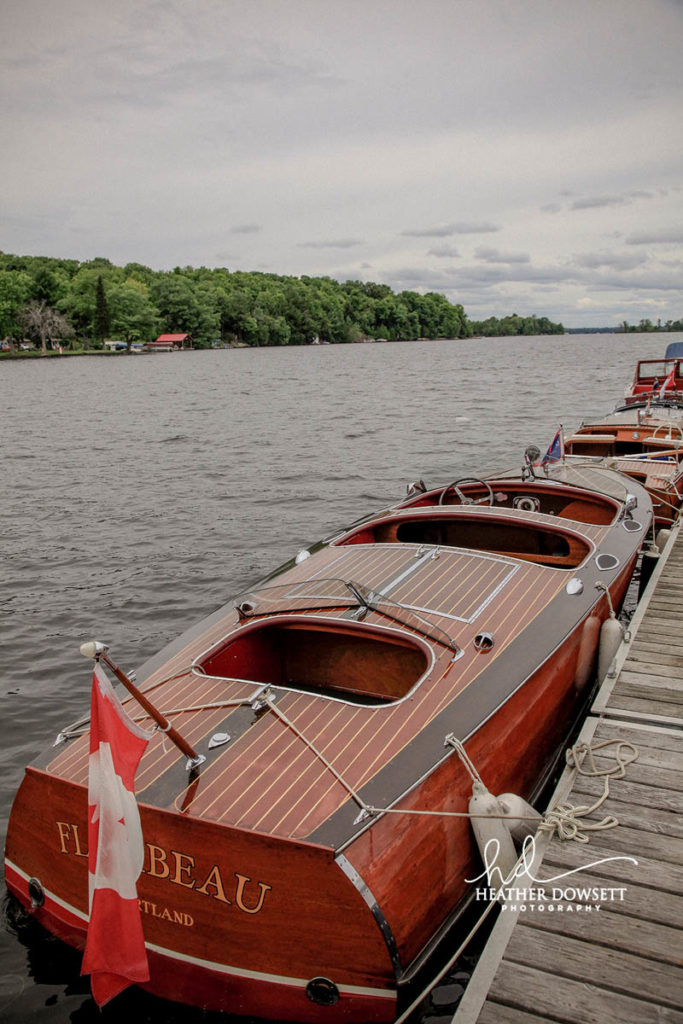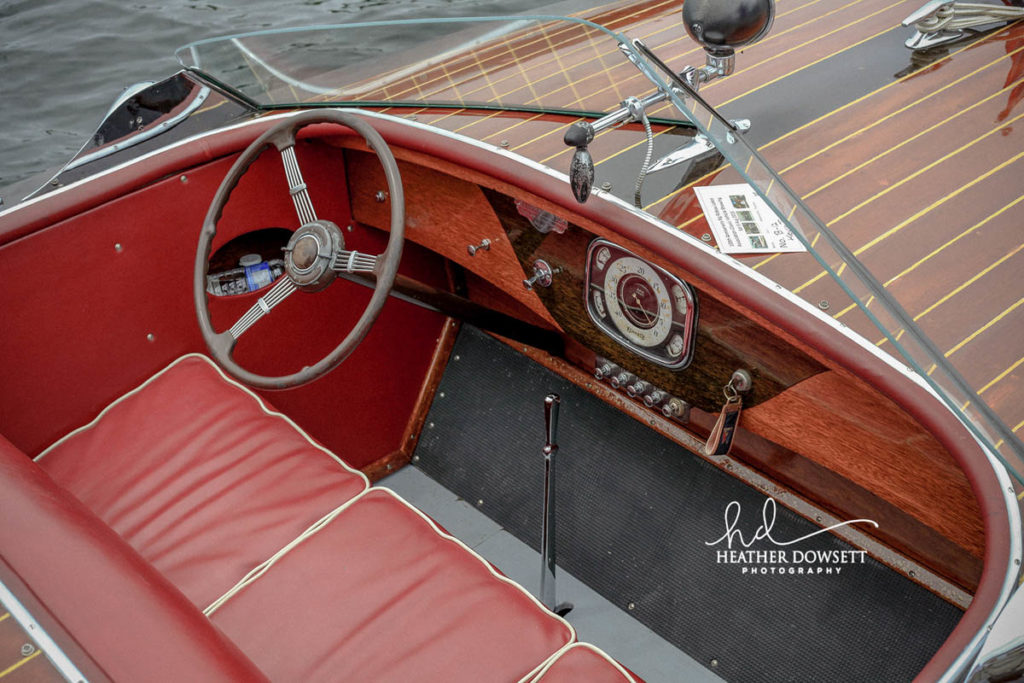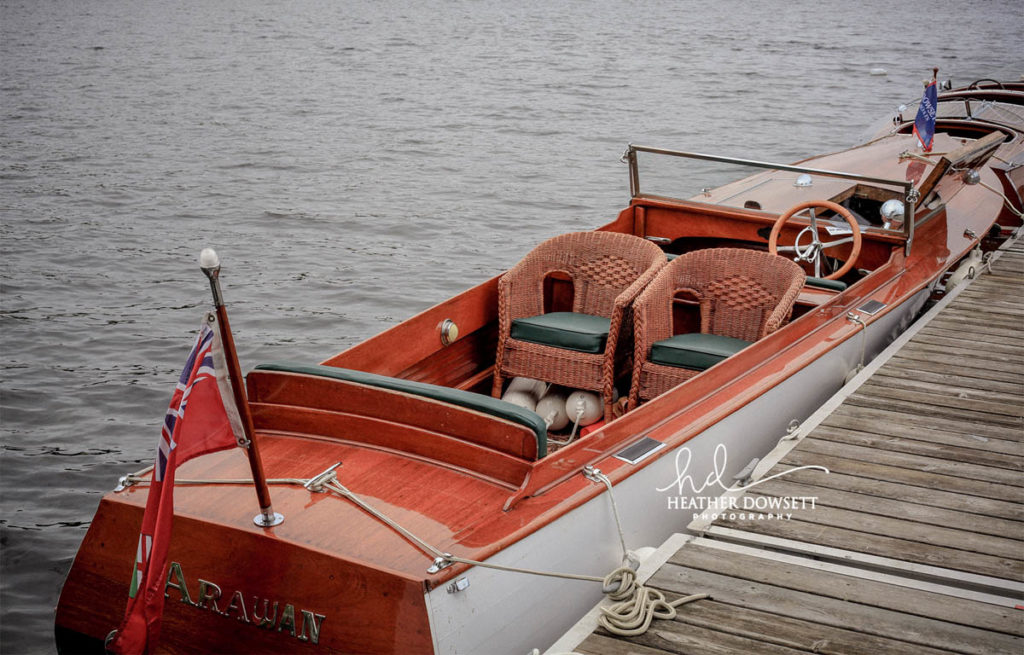For purists, there is nothing like a wooden boat. It handles the waves well. It is beautiful and displays the talents of its builder. Today, they are seen mainly at events showcasing historical vessels. Wooden boats require regular maintenance, so the rise of fibreglass and aluminum boats in the mid-20th century ended their popularity.
In their heyday, wooden boats were built by one-or two-man teams in Southeastern Ontario. My husband’s great uncle, Will Dowsett and his son, Clare, were one of them.
Will Dowsett was a skilled craftsman but also an entrepreneur. In 1890 at the age of 25 he established Portland Carriage Works in Portland Ontario, where he had settled. But Portland is also on the south shore of Big Rideau Lake, the largest lake on the Rideau chain that links Kingston, Ontario and Ottawa, Canada’s capital. He quickly foresaw the market potential of boats, closed his carriage shop and opened Dowsett Boatworks in 1907.

In those days cottagers often did not have a boat. This opened two doors for his business. He ran a ferry service for people who needed water access to their cottages. He was also producing boats to sell them.
His smaller boats featured cedar-strip construction. He used Honduras mahogany on his larger boats. The most popular length for his inboard-motor launch was 21.5 feet. His largest boat was a 35-foot vessel that had been ordered by newspaper chain owner H. S. Southam. That custom-built boat commanded a price of $4,000, which was a lot of money at the time.
In the early days the absence of electricity was not a problem for Dowsett. Always an innovator, he set up a gasoline engine that would run a series of pulleys and leather belts to power his saws and planes.
It is difficult to sell power boats if their owners do not have easy access to gasoline. Looking ahead, Dowsett was the first to sell gasoline in Portland, which would lead to marina businesses. Wooden barrels held the gasoline he sold to boaters, but after he discover leaks ranging from three to 13 gallons, he quickly switched to tin containers. Gasoline was cheap at the time, selling for just 14 cents a gallon.

Will also found time to be active in the Portland Methodist (now United) church as well as local politics. He was secretary of the local school board, on the township council of Bastard and Burgess South, reeve of the township and served a term as warden of the United Counties of Leeds and Grenville.
After 40 years of boat building, Will’s son Clare — his right-hand man — died in 1947 and Will retired then. He died in 1955 at age 89.







